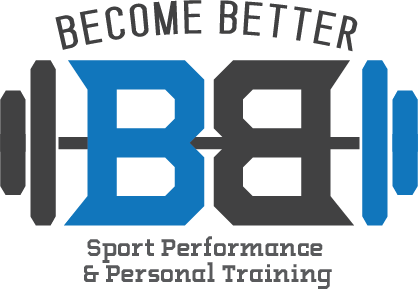Balance Your Fitness Routine With Self-Care
Physical fitness is important for good health. When we work out, we create a healthy lifestyle where our bodies are prioritized over conveniences and relaxing. Those who work out live fuller lives, experience fewer medical problems, and handle stress better. Fitness, however, can crumble apart if people neglect other components of health and recovery such as simple rest and nutrition. In order to infuse your healthy lifestyle with balance, turn to some simple self-care practices.
Self-care 101
Self-care is any step you can take to increase your comfort. As applied to fitness, this can mean a variety of practices. Sports massage can relieve sore muscles. A rest day from the gym helps your body build muscle, develop stamina, and avoid injury. Switching up a workout so you incorporate variety and stimulation can also be a component of supportive fitness self-care. Pampering can be a self-care practice, but so can a challenging act of hard work. The important thing is that the activity help you in your life - or fitness routine.
What self-care accomplishes mentally for an athlete
Besides therapeutic massage and rest, self-care can go beyond physical health to tap into feelings and mental concerns. Boredom with workouts can be lessened through engaging in hobbies outside of the gym. This is important, too, since there is a risk of exercise burnout. Another way to prevent burnout is to make your workout as convenient as possible. Building a home gym in your garage or basement can help you reach your goals.
Those who set unreasonable fitness goals - to lose 25 pounds in a month, for example - may quickly find themselves injured or just too tired to keep up with a workout routine. A hobby enriches lives by providing an alternative mental stimulation, while also adding joy.
Mindfulness is another self-care tool. Through meditation, you can get to know yourself and your goals better. In our busy lives, we often get locked into and overtaken by our routines. These routines are often mindless. We work at jobs we dislike, make poor relationship choices, and do other harmful things to our lives. One reason for the disconnect between our goals and our actions is a lack of self-knowledge. Meditation teaches us to slow down and ponder life and ourselves. Exercise is supported through meditation, because we get to know ourselves better.
In a related way, the calmness afforded by meditation allows us to listen to our bodies. When we are mindful, we also know when our bodies have had too much exercise (or not enough).
Self-care as exercise
Some fitness routines have the ability to combine the benefits of fitness and mindfulness. Yoga, for example, is centered around the concept of personal awareness - it fuels every move on the yoga mat. Yoga is less an exercise than a practice. It is a way of life. The stretches and moves develop flexibility and core strength that help fortify your fitness, but it also spreads out positivity into other areas of your life. Those who practice yoga eat better, sleep better, and maintain healthier workout routines, because every day is a step in their lifelong journey.
The practice of yoga helps make fitness sustainable and life less stressful. When your workouts are tied into lifestyle goals and not just a superficial, number-based goal, a personal health revolution is possible.
Fitness is important for overall health, but self-care can ensure that fitness remains a part of your life. By focusing not only on specific workouts, but also on sustainable wellness, self-care can help you achieve almost any fitness goal.
Photo Credit: Pexels
-Sheila Olson


